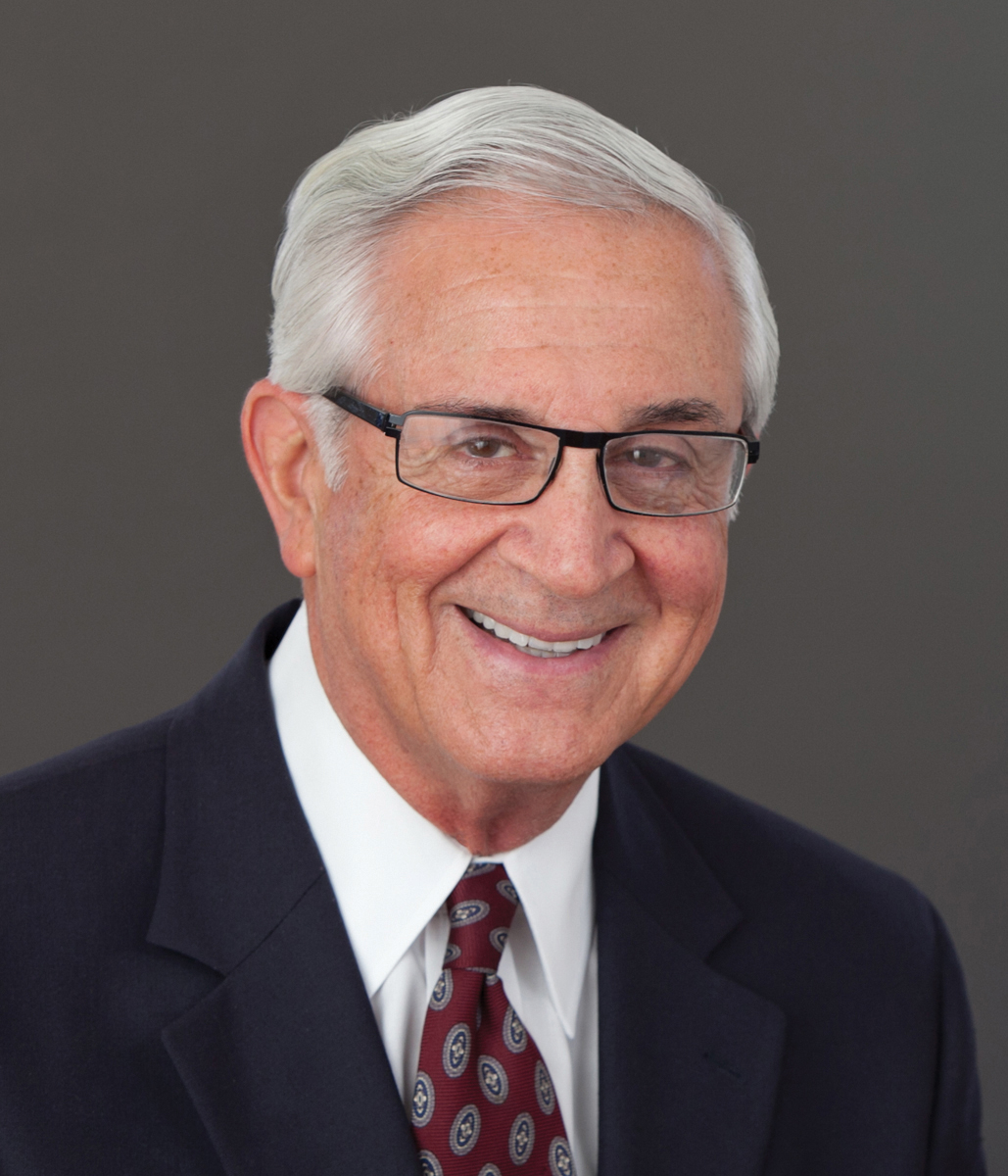
Spring 2012 - Vol. 7, No. 1
Science and the Public Interest
Lawrence I. Bonchek, M.D., F.A.C.S., F.A.C.C.
Editor-in-Chief
As physicians, we are bound to put the interests of our patients above other considerations. Doing so means we take responsibility for keeping high standards for certification; we practice objective, evidence-based medicine; and we guard against letting our own biases intrude in the decisions we make for our patient’s welfare. In return for our probity, we strongly insist on freedom from measures that would supersede our own judgment about what is best for our patients.
We are also concerned about the well-being of the general society. In the interest of public health, we support such measures as campaigns against smoking, testing for tuberculosis, etc. Even those of us who favor smaller government support government expenditures to improve and maintain the commonweal.
Since political trends have a powerful influence on our ability to foster the well-being of our patients and the public, it would be naive to suggest that we should have nothing to say publicly about politics. So it puzzles me that—as a profession—we seem so complacent about the increasingly strident anti-intellectual and anti-scientific tone of public discourse. How can we not be concerned when a leading aspirant to the Presidency suggests that only a snob would favor making higher education available to all who want it?
Countless surveys have shown that the majority of Americans are scientifically illiterate, and often proud of it. Surely this is a result of a deficient education. Strictly from our perspective as physicians, should we not be concerned that better educated and informed citizens would be more likely to adopt a lifestyle that promotes their own health? And wouldn’t they be more willing to support measures that promote public health? Pediatricians regularly contend with parents who resist MMR vaccination for their children, and it is a national problem of considerable magnitude because local school regulations may bar these children from school. Andrew Wakefield, the discredited British physician who first attempted to link MMR vaccination with autism, has instilled a fear of vaccination into an entire generation of parents, even though more than a dozen studies have demonstrated an absence of harm from MMR vaccination.
Such fears, and other pseudoscientific beliefs and practices, persist even in our modern, technological society. The people who wear magical copper bracelets on their wrists to ward off illness, or put magnets in their shoes for foot pain, or use other quack nostrums, are less likely to follow our scientific recommendations. Worse, in addition to wasting their money, they may not seek proper help until very late.
Such irrationality also prevents rational choices about critical public policy issues such as energy independence, global warming, and overpopulation. A considerable segment of the population not only lacks sufficient scientific information on various crucial subjects, but if they had the information they would not be equipped to evaluate it. In short, they lack an understanding of the scientific method, often because it has never been properly taught. As a result, they do not appreciate that the technological and medical advances they take for granted are not simply the result of fortuitous eureka moments, but of an entire way of thinking. Nor do they understand how essential it is that we continue to keep science as a central ingredient in our public policy decisions.
Science is not a body of knowledge but a system for obtaining knowledge by objective measurement and empirical testing. Science has been criticized for being too beholden to “the way we’ve always done it” (otherwise known as “the not-invented-here syndrome”), but in fact science inherently rejects arguments from authority, while remaining rightly skeptical of new ideas until they have been validated by repeated testing. In its resistance to authority, science is quite consistent with an intrinsic component of the American character. Carl Sagan famously pointed out that science’s “highest honors go to those who disprove the findings of the most revered among us . . . Einstein is revered not just because he made so many fundamental contributions to science, but because he found an imperfection in the fundamental contribution of Isaac Newton.”
In considering this problem of scientific illiteracy, we should remember that—as physicians—we are the only scientifically trained individuals most of our patients encounter on a regular basis at a personal level. And, we generally have their respect. I suggest that we not waste the opportunity to exemplify and demonstrate a scientific world view by not only conducting our medical practices according to its principles, but also by advocating its application to the wider world.
IN THIS ISSUE
This issue brings a variety of reports that are germane to clinical practice. Dr. Joseph Kontra describes the reduction of surgical infections by preoperative eradication of the Staphylococcal carrier state using a protocol that involves new techniques of screening for carriers, appropriate skin prepping, and intranasal instillation of antibiotic ointment. Two articles focus attention on radiation exposure. Dr. Daniel Wu of the Trauma Surgery Service discusses the exposure associated with the increasing use of CT scanning in trauma patients, with an emphasis on “whole body scanning,” in which multiple scans are performed to provide a comprehensive overview of the body’s injuries. Next, radiation physicist Anthony Montagnese discusses the scientific principles needed to understand how radiation dose accumulates and how it affects the body.
Dr. Leopoldo Vocalan of the LGH Behavioral Health Service discusses how the opening of a Psychiatric Hospital in Harrisburg has permitted more rapid triage of mental health patients and shortened waiting times in the ERs of area hospitals. Then Dr. Christine Stabler explains what is meant by Patient Centered Care and the Medical Home, concepts that are being implemented with increasing speed both locally and nationally.
Finally, in our regular Family Practice section, Dr. Alan Peterson discusses the newly updated guidelines for management of urinary tract infections in infants.
Good reading, and let us hear from you if you wish to comment on any report.